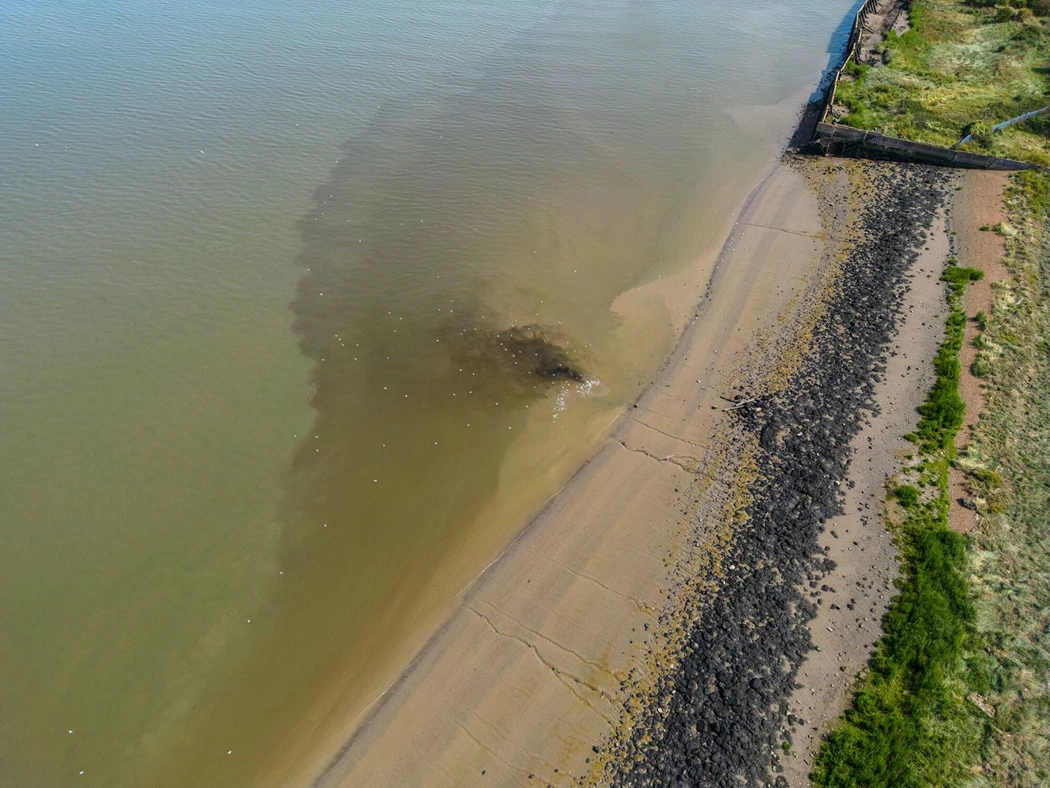UK Water Bosses Say Sewage Discharge Fines Would Hurt Investment
(Bloomberg) -- Government proposals to block dividend payments by water companies for sewage spills would have a catastrophic impact on the investment needed to repair Britain’s decaying network of pipes, industry bosses warned.
Environment Secretary Steve Barclay told executives at a meeting last month that significant sewage discharges may be punished with bans on dividends and bonuses. The bonus ban has since been confirmed. Company officials said a dividend block would deter investment or make it punitively expensive, according to two people familiar with their representations.
Water companies paid dividends totaling £1.4 billion in the financial year to April 2023, but industry regulator Ofwat has said they aren’t doing enough to explain why the payouts are justified.
From next year, Ofwat will get new powers to block dividends if it assesses the payments could jeopardize a company’s financial health. Barclay’s proposal would extend those “cash lock-up” powers to blocking dividends for companies that commit “category one” or “category two” sewage spills, according to the two individuals familiar with the plans.
Category one and two breaches — such as causing significant pollution at bathing sites or serious management failings — are relatively frequent, and cases can be tied up in court for years. Investors fear the proposal could result in regular dividend blocks that would disrupt their returns.
The latest row comes at a time when Thames Water, the nation’s top water and sewage utility, is under threat of being put into special administration by the regulator, damaging shareholders. The two people warned that investment in UK water infrastructure would also be at risk if the government presses ahead with special administration of Thames.
Thames Water declined to comment.
In total, water companies have proposed £96 billion of investment in the water sector over the next five years to upgrade aging infrastructure and tackle chronic leakages and sewage spills.
Both a dividend block for sewage discharges and Thames’ special administration would lead a re-rating of an industry that is nominally a low-risk, regulated monopoly, the two people said. That would raise the cost of capital and result in higher water bills, making it even harder to deliver the infrastructure improvements needed.
Ofwat has demanded that Thames’ owners inject £3.25 billion into the highly indebted business by 2030 to help pay for £18.7 billion of investment. In return, Thames wants a 40% real-terms increase in bills, heavily front-loaded.
“Water company business plans are currently being scrutinized by Ofwat through an independent process to ensure they meet targets for environmental improvements without unduly impacting customer bills,” a spokesman for Defra said.
Defra and Ofwat are reluctant to agree to such extensive price hikes in an election year but time is running out as Thames’ parent company, Kemble Water Holdings, needs cash currently tied up in Thames to refinance hundreds of millions of pounds of debt, its accounts show.
Ofwat is also investigating whether Thames broke the rules in October by paying a £37.5 million dividend to Kemble, with a decision expected in weeks that could ultimately result in more fines for the utility or further cash lock-ups.
Last week, Thames’ chair, Adrian Montague, had to step down from running the board of Kemble to quell concerns over a conflict of interest.
Government officials have drawn up contingency plans that would see Thames put into special administration, investors wiped out, and Kemble bondholders forced to take losses.
The government is confident a buyer could be found relatively easily once Thames is relieved of some of its vast debt burden, minimizing costs to the taxpayer from the administration process, the people said.
The government needs to be seen to be tackling pollution because it has become a major election issue. A Survation poll of 6,000 adults last September found that sewage discharges are an issue for more than half of voter. In some traditional Conservative seats, including the prime minister’s Richmond constituency, it’s an issue for almost two thirds.
Barclay announced Tuesday a fourfold increase in water company inspections the government’s latest crackdown on pollution, along with 500 additional staff. Last week, he confirmed that water bosses would be banned from bonuses if a company commits a category one or two breach.
Labour has taken a hard line, threatening jail terms for bosses who allow criminal spills — but it has stopped short of threatening to block dividends.
©2024 Bloomberg L.P.





